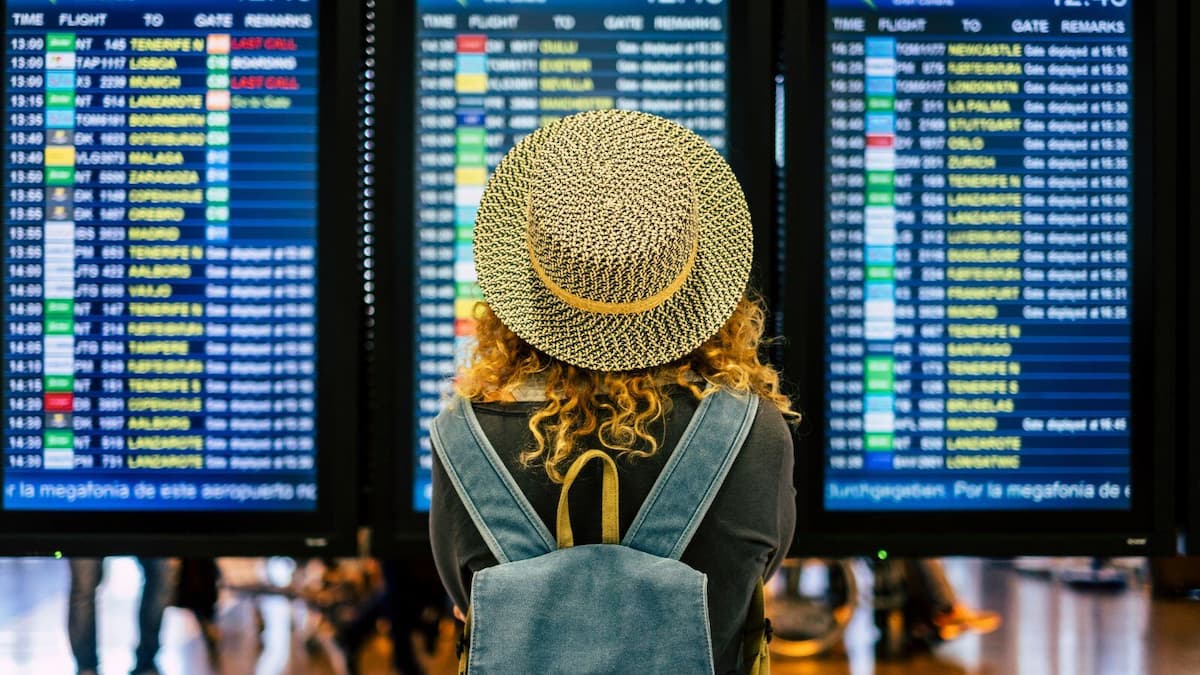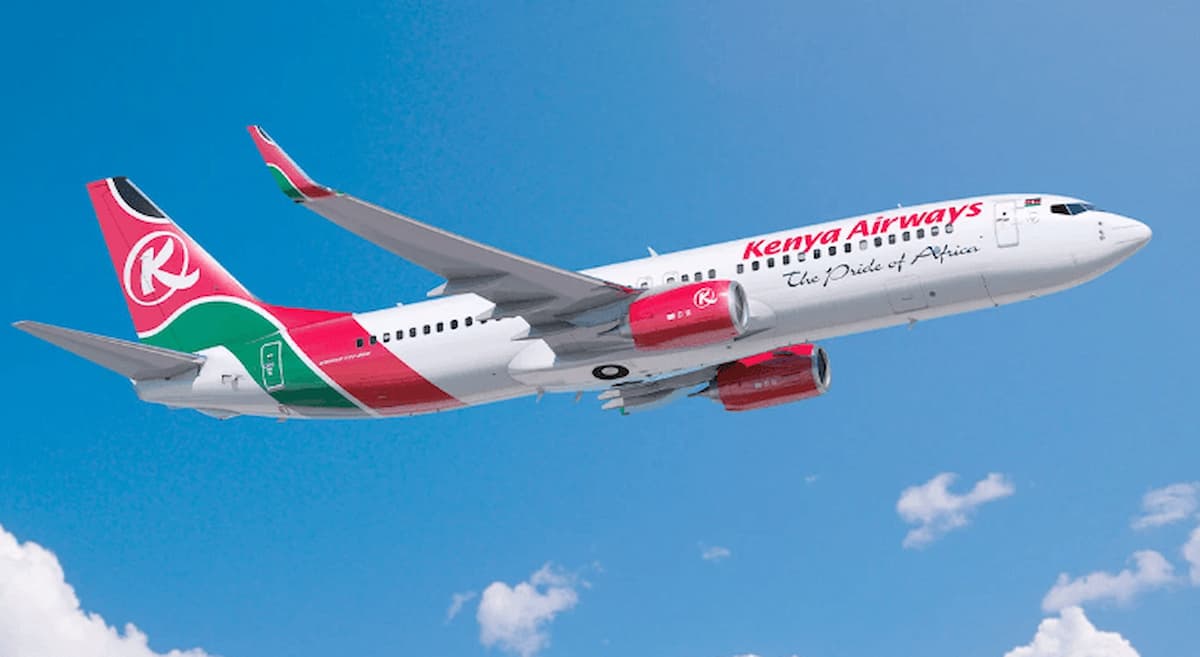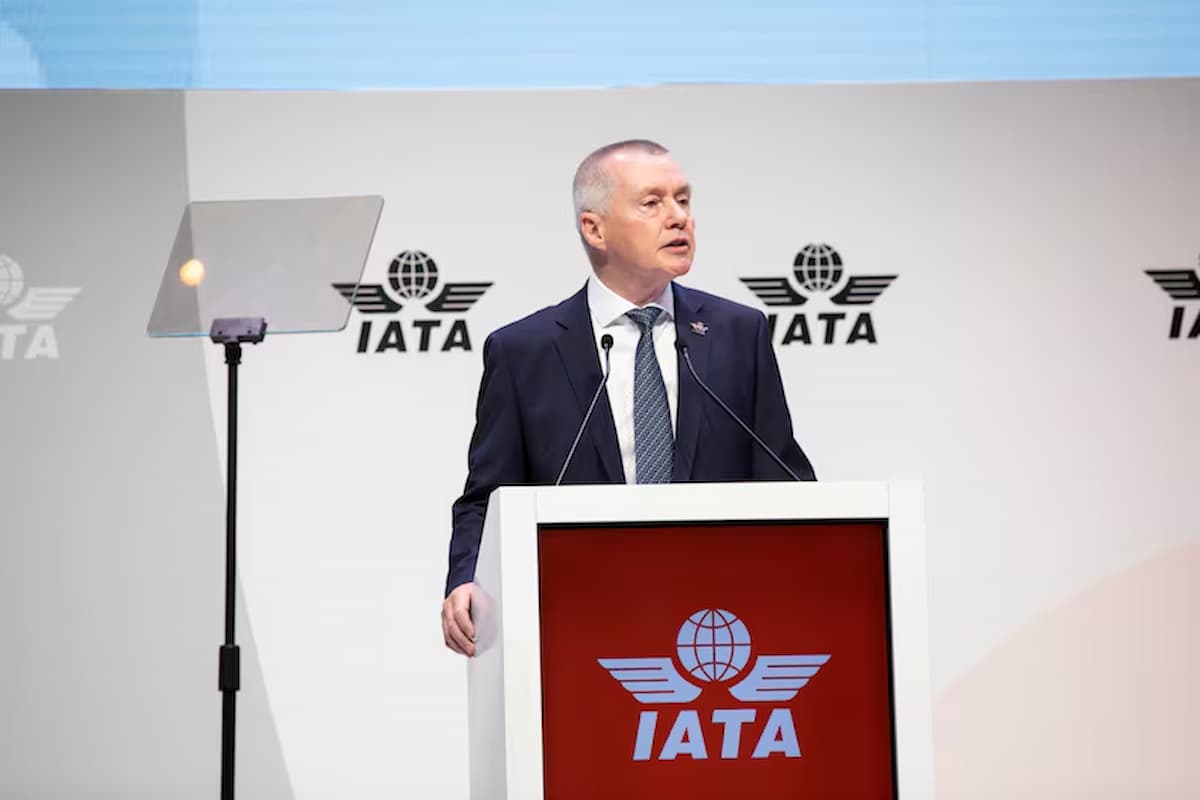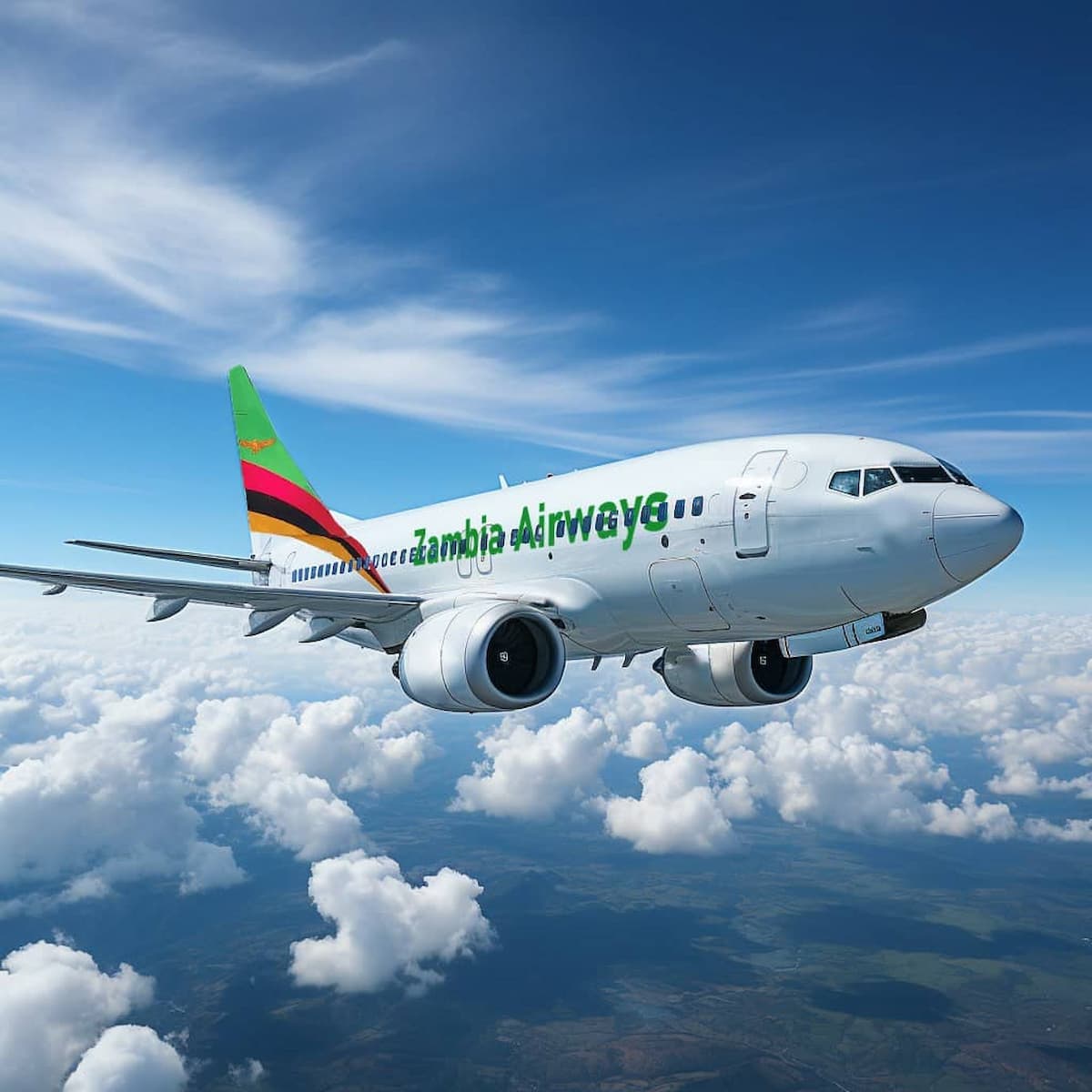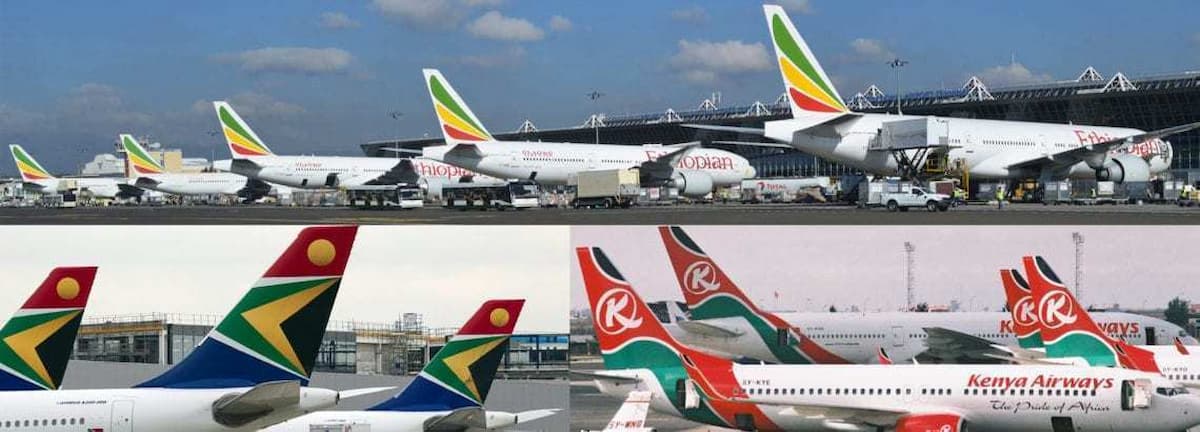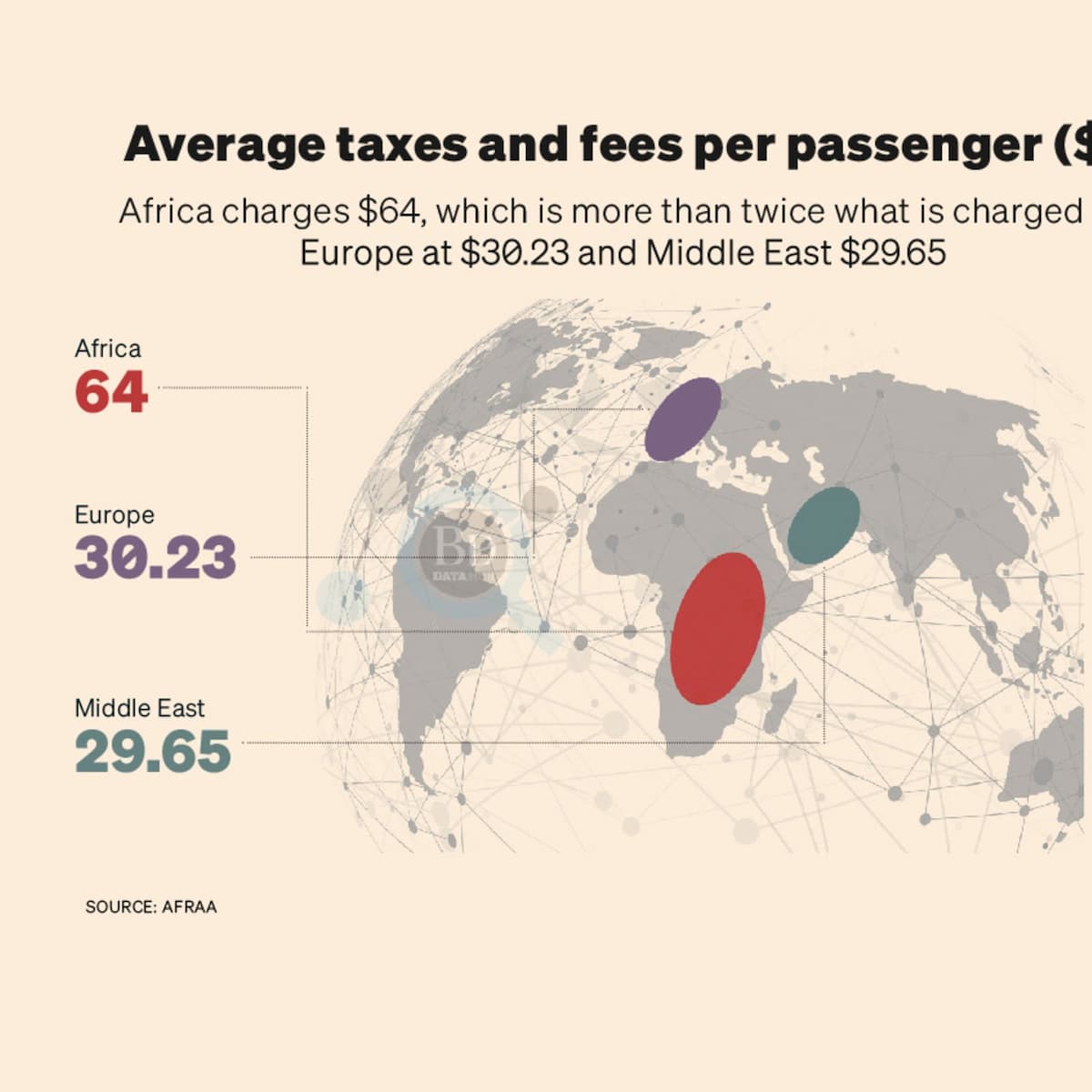Codeshares are perhaps the most confusing customer facing part of any passenger’s journey. You turn up at the airport, look for your check-in desk or gate number and cannot see your flight on the departure screens. You see a flight to your destination, with the right time, but not with your flight number – are you confused, is that your flight in disguise, is there somebody you can ask to check? Welcome to the world of airline codeshares!
WHAT ARE AIRLINE CODESHARES?
A great question and one that we have explained to people every year since they began to emerge in our databases in 1986. In those days airlines wanted to expand their networks with limited risk but in many cases were restricted as to where they could fly to and from.
Some airlines created a workaround, a codeshare where they placed their code and a flight number on a flight operated by another airline with whom they had a commercial relationship. A great way to virtually expand your own operational network, generate more sales and tell customers that you could sell them a ticket to nearly anywhere in the world, even if not on your own plane.
Since then, airlines have fallen in love with the idea of codeshares and today they are commonplace in every market – but how do they work, and what are the benefits?
HOW DO AIRLINE CODESHARES WORK?
In the aviation data world, we refer to the ‘operating carrier’ and ‘marketing carrier’. The operating carrier is the airline that flies the plane, supplies the cabin crew etc, and the marketing carrier is the carrier that sells tickets for the flight.
WHY DO CODESHARES EXIST?
An airline recognizes there is demand from their market to fly to a destination, but the airline does not operate flights to that destination (or at least not with enough frequency).
THE CODESHARE SOLUTION:
The airline knows a friend – another airline – that can connect and take passengers from a point the airline already flies to and take them to their final destination.
This allows the operating airline to keep most of the revenue from that ticket sale whilst “feeding traffic” to the friend. And hopefully that friendly airline, which may be in the same airline alliance, can feed them some traffic in the other direction, essentially scratching each other’s backs. Everyone wins – the airlines have an opportunity for more traffic and more revenue, and they create a superior travel experience with a seamless passenger journey.
For this to happen the operating carrier sends their schedules to the marketing carrier. The marketing carrier puts their flight number on the service and distributes that operating carrier’s service with their own flight number. Suddenly BA173 from LHR to JFK becomes AY5473 – it is a British Airways service, but one on which Finnair sells seats as a codeshare.
To be at their most effective, airlines try to offer similar pricing on the flights. However, just occasionally you can grab a bargain from a codeshare airline whose fares have not quite synchronized with the operating carrier’s latest pricing. With demand changing by the minute this isn’t a surprise, but it can be an opportunity for the clever traveler to save some cash. If you’ve saved US$200 do you really care if your Lufthansa ticket has an Austrian Airlines flight number?
MAXIMUM DISTRIBUTION, MAXIMUM NETWORK, MINIMAL INVESTMENT
The busy network map below shows all the US domestic routes on which Iberia, Spain’s largest airline, has codeshares operated by a Oneworld Alliance partner airline.
If you didn’t know otherwise it looks like Iberia operate across the whole of the United States. However, all these flights are actually operated by American Airlines, with an Iberia flight number on the service. This allows Iberia to sell a flight from Madrid to Houston, for example, with a direct flight to Miami and then a connection onto IB4945 – a perfect way to look bigger than you really are, loved by airline PR teams around the world!
CODESHARES KEEP YOUR FRIENDS CLOSE AND YOUR ENEMIES EVEN CLOSER
While we might expect airlines to operate codeshares within airline alliances, many airlines also have codeshares with airlines that are not in their alliance or – even worse still – in another alliance!
SO WHY DO THEY DO THIS?
Well, in some cases it’s because there are only two very large airlines in the domestic market. Australia is a great example – if you don’t fly with the Qantas Group airlines then the only real option is Virgin Australia, and Virgin Australia know this! They literally have hundreds of daily codeshares with airlines such as Qatar Airways (Oneworld Alliance), and Singapore Airlines (Star Alliance). Perrhaps illogically, Qantas also have codeshares with Air New Zealand, another Star Alliance member. It may seem odd, but for the traveler it allows the maximum choice of service, which has to be a good thing.
But is there more to it than just flights?
CODESHARES ARE EVERYWHERE
Codeshares exist in every market and indeed even stretch beyond airlines to include train services and more recently some coach services, although they are far more niche in nature. In theory, there is no limit to the number of codeshare partners that an airline may have, although keeping track of them all and undertaking all the work required to keep agreements provides some focus to which airlines partner up. And of course, every small airline wants to have a codeshare with a global airline and sometimes that desire isn’t reciprocated by the larger airlines; they can be fussy!
To highlight just how many codeshare partners airlines have, we listed some of the larger airlines and their codeshare partners, with Air France/KLM managing over 40 such relationships which, whilst creating a lot of work, presumably generates significant revenues.
HOW ARE THE SEATS DIVIDED ON A CODESHARE FLIGHT?
When an operating air carrier decides to allow seats and space to be sold by other, marketing carriers, there are two types of commercial duplications; ‘free sale agreements’ and ‘leased block space’.
Free Sale Agreement – The operating and marketing carriers continue to sell seats until the flight is fully booked, there are no limitations on how many seats the marketing carrier can sell.
Leased Block Space – The operating carrier allocates a fixed number of seats to the marketing carrier/s.
AIRLINE LOYALTY AND CODESHARES
If you know a regular traveler then they will have a good idea of their status level and points balance with their favorite airline, and in most cases those people treasure that status. In many codeshare situations the operating airline will allow the marketing carrier’s passengers to earn points and will offer them the same access to lounges that they would expect to have when flying with their preferred airline. The ability to earn – and in some cases burn – points is crucial, and airlines recognize this important factor – making sure that the passenger’s points are recorded by the marketing airline as quickly as possible. Seamless services, through check-in, lounge access, priority boarding and seat assignment are the softer elements of codeshare operations, but make all the difference.
THE CHALLENGES OF CREATING SEAMLESS CODESHARES
Although codeshares have many benefits, they do come with their own challenges, too.
When codeshares are on sale it’s crucial that the schedules are the same from both the operating and marketing carrier, otherwise passengers could misconnect, at both a reputational cost to the airline and a financial one. Synchronizing those codeshare flights is a constant challenge for airlines, and when the operating airline makes a schedule change, keeping up to date with the changes can be a full-time job for the marketing airlines.
Managing all these codeshares is a complex process that involves multiple data types used in conjunction. Marketing airlines need access to the latest schedule information from the operating airlines to help keep their customers up to date on changes to flight time, equipment type or cancellations. They also need to refer to Minimum Connection Time information to build viable connections and help avoid the risk of costly missed connections.
Additionally, when you consider that the slightest of changes to an industry code can impact the integrity of any related flight information, or introduce the complexity of – for example – navigating daylight saving times in different time zones, the importance of a single source of truth is revealed.
It’s not just the data itself that needs to be up to date. Legacy systems can be clunky to integrate, with data siloed into different areas. What’s more, with the possibility of receiving schedule changes by the minute, older systems may not be capable of handling the high volume, real-time data now available.
To address this, airlines are looking to cloud-based solutions, which offer ease of integration and more agility, bringing together different data sets that can be refreshed quickly and without causing a system meltdown. OAG has helped many airlines migrate to the cloud environment of Flight Info Direct, powered by Snowflake.
Below we look in more detail at the challenges involved in successful codesharing, and how they may be solved.
OPERATIONAL CO-ORDINATION
Synchronizing flight schedules and status updates across two different carriers can be complex. OAG processes hundreds of thousands of schedule changes per day, so it can be challenging for airlines to keep up with all the changes if they don’t have an alerting solution in place like Flight Info Alerts.
When submitting their flight schedules, Airlines provide a DEI (Data Element Identifier) to ensure that systems can read their updated flight schedules.
There are two types of DEIs that are submitted with flight schedules:
DEI 010 – Is used on the operating flight leg. This identifies all the commercial duplicate airline designators (operating and marketing carriers) and flight numbers.
DEI 050 – This data field is loaded on the commercial duplicate carrier field. This identifies the operating airline and the flight number. MCTs (Minimum Connection Times) have been built in a way that codeshare marketing carriers submitting the DEI 050 on their flights do not need to file MCTs at all if they are happy with their operator’s filed MCTs. This makes it easier for marketing carriers to maintain their files and reduce the number of MCTs required.
IT & SYSTEMS INTEGRATION
Integrating different reservation systems is crucial for a seamless booking and traveler process. Disrepencies can result in booking errors or cause inconvenience for passengers. In addition to this, ensuring secure and efficient data sharing between airlines’ systems is essential for consistent passenger information, flight status and operational details.
BAGGAGE MANAGEMENT
Ensuring that baggage is efficiently transferred between different carriers, especially during tight connections, can pose significant challenges. That’s why many airports and airport service providers such as baggage management companies use Flight Status Data from OAG to receive up-to-the-minute flight information for all airlines.
Syncronized data in the cloud is breaking down barriers for codeshare flights, allowing carriers to utilize and share their data with one another to create a seamless experience for the passenger. High quality schedules data that’s updated every 15 minutes helps both operating and marketing carriers stay in the know. In addition to this, cloud data platforms like OAG’s Flight Info Direct can handle volumes of data at speed and scale compared to legacy systems.
THE FUTURE: LOW-COST AND LEGACY CODESHARE AGREEMENTS
Codeshares started to appear in 1986 and they are not going to disappear. Some of the archaic regulations around airline ownership mean that the only way for airlines to offer customers what they want – and of course to generate more revenues – is to offer codeshare services. Indeed, even some of the world’s largest low-cost airlines are working on codeshare agreements with legacy airlines to expand their networks and attract more passengers.
JetBlue in the United States may have started as a low-cost airline but have emerged as a formidable codeshare partner for many international airlines operating to the US. We’ve mentioned the Virgin Australia situation and in its own way even easyJet have a codeshare product with their virtual interlining service, with both low-cost carriers such as Norse Airways and legacy airlines including Emirates.
With little changing in the regulatory world of airline services, the chances are that at some point many of us will travel on a codeshare flight in a seamless and painless way, perhaps not even realizing what has happened. A few of us may panic when we don’t immediately see our flight on the departure screen but if you are patient as the screen changes your flight will appear, as if by magic!
Source: OAG.

